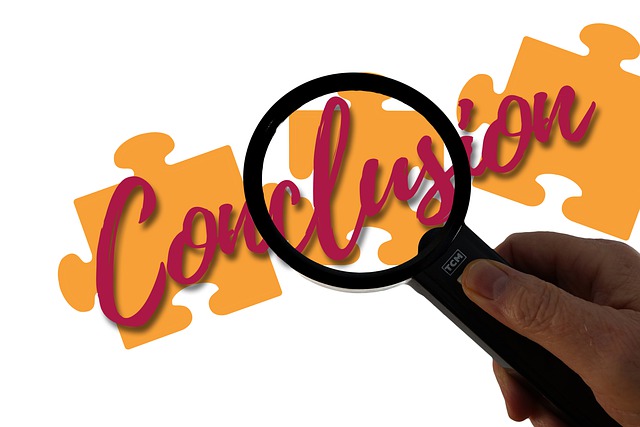Every day we make hundreds of tiny judgments and decisions. Usually, there’s not enough time or information to make a careful judgment with perfectly solid evidence and sound reasoning behind it. So we take shortcuts.
.
Read:
Glossary
- tentative – not certain
- dire – extremely serious
- innocuous – inoffensive
- extrapolation – estimation, forecast
- malady – a disease
- to curb – to restrain
- outright – completely
- to oversaturate – to provide with more than sufficient of a substance for saturation (to a very full extent, especially beyond the point regarded as necessary or desirable)
- knee-jerk – automatic and unthinking
True or False?
1. People don’t often opt for accelerated ways of doing or achieving something.
2. People tend to accept solutions that are rather provisional.
3. The consequences of dismissing a young politician might be appalling.
4. Jumping to conclusions involves using limited evidence to guess or think about what might happen.
5. Developing elaborate theories on the basis of one or two items of data that are not representative is only typical of people who suffer from schizophrenia.
6. In the tests carried out by the researchers Sanchez and Dunning, “high-jumpers” were overly self-assured when asked about the way in which a local government works and of the rights and duties of the people who live in the city.
7. The tests also proved that such people often held some eccentric opinions.
Key: 1F;2T; 3F; 4T; 5F; 6T; 7T
Practice Makes Perfect
Watch the video “How to choose your news” and complete the gaps with the words in bold:
undermined mainstream apparent alternative breakdown
trusted censored broad- based misleading reliable
A few decades ago news was 1. …………………. . Your choices were limited to several general interest magazines and a couple of TV networks where 2. …………. newscasters delivered the day’s news at the same 3. …………time every evening. But the problem with this system soon became 4. ………. as mass media spread. While it was known that authoritarian countries controlled and 5. ……….. information, a series of scandals showed that democratic governments were also 6. …………. the public, often with media cooperation. Revelations of covert wars, secret assassinations, and political corruption 7. ………. public faith in official narratives presented by 8. ………. sources. This 9. ………… of trust in media gatekeepers lead to 10. ………… newspapers, radio shows, and cable news competing with the major outlets and covering events from various perspectives.
Key: 1. broad- based; 2. trusted; 3. reliable; 4. apparent; 5. censored; 6. misleading; 7. undermined; 8. mainstream; 9. breakdown; 10. alternative
Discuss:
- Do you take your time when making decisions?
- Do you often jump to conclusions or…
- Are you an analytical thinker?
- Have you ever made a snap decision that you regretted later?
Explore it more to create your own teaching-learning experience!
“I only believe in fun conspiracy theories.”
https://www.newyorker.com/cartoons/daily-cartoon/friday/june-18th-conspiracy-theories
(2201)






